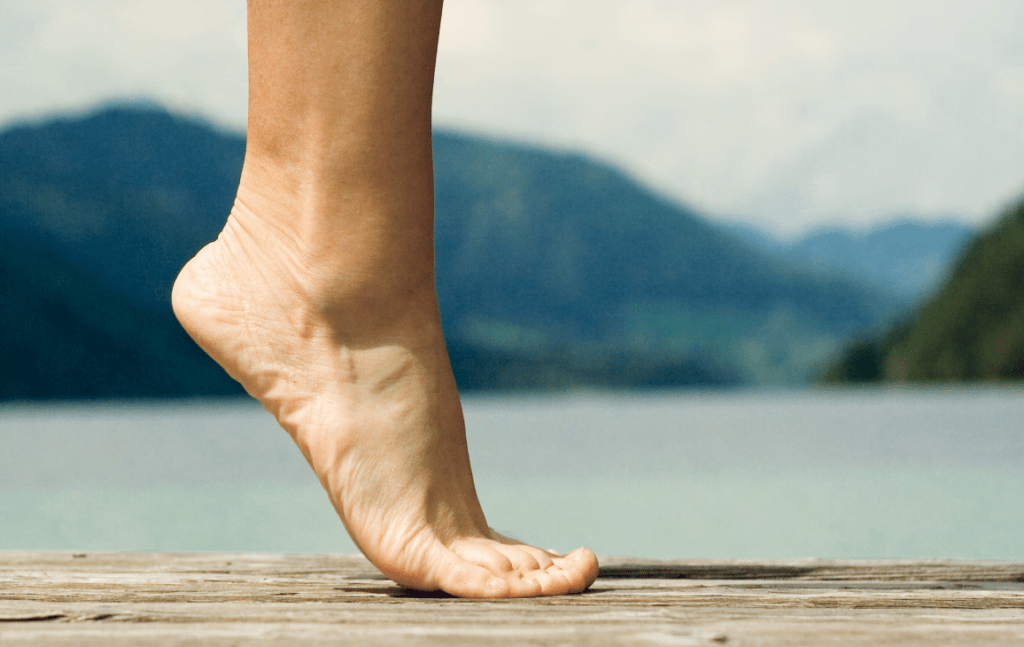Cartiva Lawsuit Filed After Toe Implant Failure Results in Need For Fusion Surgery - The lawsuit claims that the Cartiva toe implant is unreasonably risky and faulty, causing issues when it loosens and fails.

The lawsuit claims that the Cartiva toe implant is unreasonably risky and faulty, causing issues when it loosens and fails.
- Cartiva implants have been promoted as a non-hazardous treatment for big-toe arthritis.
- A lawsuit claims that design flaws caused a Cartiva toe implant to fail only two years later.
- Dozens of identical difficulties with Cartiva have been recorded since the implant’s introduction, but the manufacturer, according to the complaint, failed to mention the long-term hazards.
- Cartiva claims are currently being investigated by lawyers for persons who have had toe implant issues and are demanding settlement payments.
- CHECK TO SEE IF YOU ARE ELIGIBLE FOR A CARTIVA LAWSUIT PAYOUT.
According to a product liability lawsuit, the Cartiva Synthetic Cartilage Implant (SCI), which is used to treat pain and cartilage loss caused by big toe arthritis, is defectively designed and prone to failure, resulting in severe pain and the need for additional surgery, which can result in long-term disability and injuries.
Cathy Atkinson filed the complaint (PDF) in the United States District Court for the Western District of Texas last month, alleging that the toe implant manufacturers, Cartiva Inc, Wright Medical Group, and Stryker, marketed an unreasonably dangerous product while failing to disclose known risks.
The Cartiva SCI is a molded cylindrical implant made of polyvinyl alcohol-based hydrogel (PVA) that was presented as a breakthrough toe implant.
However, only a few years later, the implant failure rates have resulted in widespread consequences, including reports of severe toe discomfort, loosening, fracture, and other issues, which frequently necessitate toe fusion surgery. As a result, an increasing number of Cartiva implant failure lawsuits have been filed against the manufacturer, citing the need for multiple revision and replacement surgeries.
When arthritis has caused the cartilage in the first metatarsophalangeal joint of the big toe to degenerate, which can result in severe pain, the Cartiva toe implant is inserted. Hallux limitus or hallux rigidus is the medical term for this condition. It affects around 2.2 million people in the United States.
The synthetic cartilage implant is intended to cushion the deteriorated cartilage and give pain relief. It is considered an alternative to fusing the joint, which has a longer healing time and is a more difficult surgical process.
Atkinson underwent Cartiva SCI implant surgery in November 2018, according to the lawsuit. However, just two years later, Atkinson was informed that the device had failed, necessitating revision surgery in December 2020 to remove the device.
Due to extreme pain, she needed arthrodesis fusion surgery in 2021.
Complications of Cartiva SCI
The Cartiva SCI was approved for premarket use due to its “substantial equivalence” to arthrodesis. However, the lawsuit claims that they are two entirely separate operations. The “Motion” study, which resulted in approval, was a non-inferiority clinical trial comparing the implant to arthrodesis. However, the results have never been replicated, and follow-up studies show that the failure rate is substantially higher than indicated by the Motion study.
One such study, released in 2019 by Cedar Sinai Hospital researchers, discovered that 30% of Cartiva SCI recipients were either unsatisfied or very dissatisfied with the procedure’s outcomes. According to the study, 50% of those who received the implant required a corticosteroid injection.
“Synthetic cartilage implantation yielded modest patient satisfaction, mild dysfunction in physical measures, and a large proportion requiring further treatment and workup postoperatively,” the researchers concluded. “Before proceeding with synthetic cartilage implantation for hallux rigidus, we believe the patient selection and counseling on the potential for continued pain and dysfunction in the early postoperative period are important.”
“The Cartiva implant surgical procedure has not been effective in alleviating pain or restoring range of motion,” according to Atkinson’s lawsuit. “In addition to a loss of great toe range of motion, Plaintiff also suffered from loss of mobility, nerve damage, and debilitating pain in the right great toe, as well as constant irritation and discomfort in the location of the artificial Cartiva device.”
Cartiva Toe Implant Failure Risk Is Inadequately Disclosed
According to the lawsuit, the FDA has received at least 144 adverse event reports related to the Cartiva SCI. The bulk of complaints were related to implant loosening, which the lawsuit says is caused by implant shrinkage induced by PVA deterioration.
While the warning label for the implant implies a 13.5% failure rate, the lawsuit argues the true failure rate is likely six to seven times greater, and that the defendants purposefully underreported the failure rate to the FDA.
Cartiva SCI problems have included persistent discomfort, infection, implant fracture, osteolysis, bone over-production, cyst formation, silastic granulomas, and transfer metatarsalgia, in addition to implant loosening. In some circumstances, device failure may necessitate joint removal.
Atkinson’s lawsuit alleges negligent design, improper use of the FDA’s contentious 510(K) premarket approval process, which requires a device to be only “substantially equivalent” to an existing procedure or device; claims of misbranding an adulterated device; and claims of negligence, breach of warranty, failure to warn, and violations of the Texas Deceptive Trade Practises Act, as well as compensatory and punitive damages.
FIND OUT IF YOU HAVE A CARTIVA LAWSUIT
If you or a loved one had complications with a Cartiva implant, our experts provide free consultations and claim reviews to evaluate whether settlement benefits are possible.

